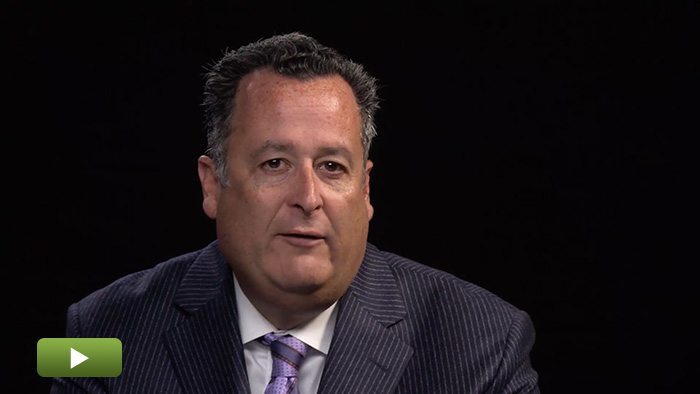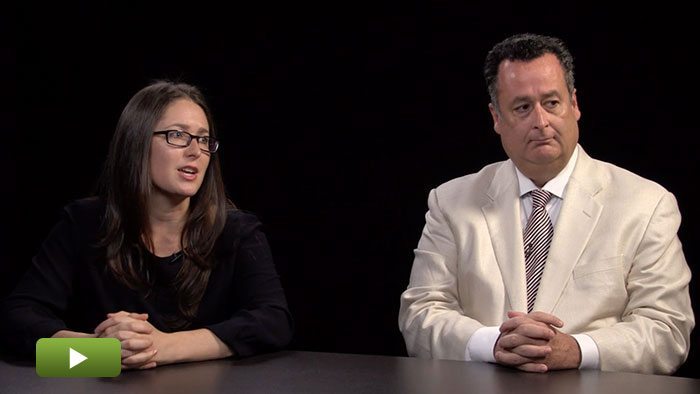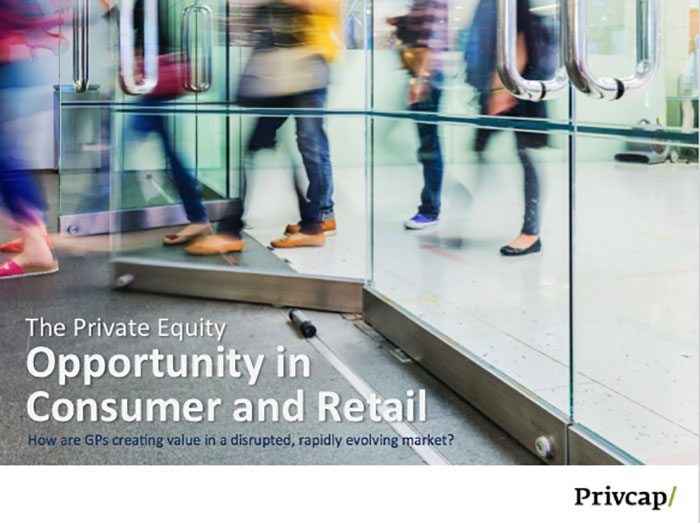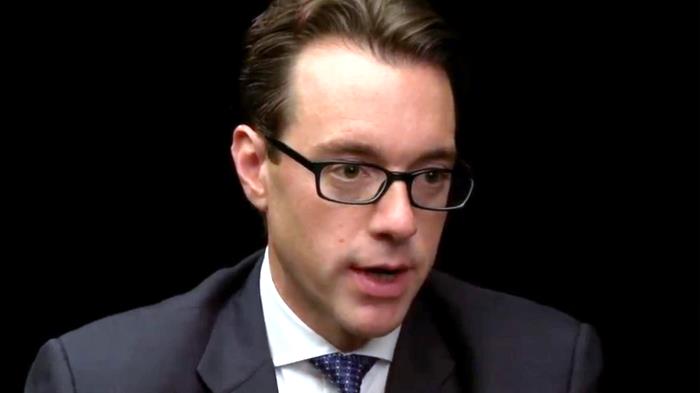Early Spending Hints at Positive Holiday Sales
Retailers have been discounting goods since the beginning of September, and shoppers have taken notice, forecasting a strong holiday shopping season for 2016, according to RSM’s chief economist Joe Brusuelas and partner and head of consumer goods, Carol Lapidus.
Transcript Download Transcript
Early Spending Hints at Positive Holiday Sales
With Joe Brusuelas and Carol Lapidus of RSM
Joe Brusuelas, RSM: I’m Joe Brusuelas, Chief Economist at RSM. I’m here with Carol Lapidus, who’s a Partner and Head of our Consumer Products Division. So, Carol, taking a look at the holiday season, how do you think the 2016 holiday season is going to differ from last year?
Carol Lapidus, RSM: Well, Joe, one of the most interesting things that we’re seeing this holiday season is that people are already shopping. People started shopping in September. Black Friday, Cyber Monday, they’re not going to have as big an impact, because people are getting discounts now, the stores are cutting their prices now, they’ve been cutting them since September, and people are out there shopping. We’re also seeing that a lot of stores are closing for Thanksgiving and for Black Friday. REI was a pretty bold move the past few weeks when they said we’re going to close for Black Friday, we want our employees to have energy and be ready for the season so we’re going to let them relax and spend the day with their families. I think that was an exciting thing, and I’m not sure other stores are going to do that, but I think it was a pretty bold move.
Brusuelas: I’m in full agreement with you that Black Friday and Cyber Monday are relatively meaningless press events at this point. And in many ways the fact that they’re discounting early and the shopping’s already underway it’s likely almost that when we look at the traditional ways in which we measure retail spending around the holidays, they’re actually going to understate the true nature of spending. And I think that’s what’s been going on for the past couple of years. So, thinking about that, what do you think is the next big consumer product trend that you think is going to happen this year, compared, say, to last year?
Lapidus: This holiday season we’re also seeing consumers want value. They are not looking to pay full price, they’re looking to do anything they can to get better prices. And the retailers, the big department stores, have reacted. They have opened all their own discount stores – we saw it in the past with Nordstrom’s and Bloomingdales and Saks and Niemen’s opening their own discount stores, and this year Lord & Taylor and Macy’s are opening their own stores that are selling off-price. They want to take that business away from T.J. Maxx. They want to make sure that they have that customer, whether it’s in their full price stores or in their off-price stores, that the customers are shopping with them. That’s an important thing.
We’re also seeing the fast fashion is having a huge impact on consumers, especially the Millennials. Millennials are looking for what’s new, what’s hot, what are the new exciting styles. And unfortunately some of the traditional brands such as Abercrombie, such as GAP and some others in the US, have not done as good a job with fast fashion as newcomers coming in from other countries, such as Uniqlo, H&M and Zara. These stores know how to get the products in, design them quickly, get them on the floor, sell them at the right price, and discount them quickly enough so that they can move them off the shelves and get new products on pretty quickly. That’s something that consumers are looking for now.
Brusuelas: So let’s talk a little bit about our Millennial population, the age between 16 and 35, which is now the dominant consumer base in the United States. What are you seeing and how might that affect the holiday spending outlook?
Lapidus: Millennials shop differently. They are not looking for products as much as looking for experiences. They rather spend their money going to a fast casual or other type of restaurant, spending it on taking an exercise class, going to a movie, doing other leisure activities. They’re not necessarily going to be looking at the stores trying to get logo’d [sic] products and be excited about anything that’s happening in the apparel or other areas. They’re looking for experiences. They’re smart shoppers, they’re savvy, they don’t have as much disposable income so they’re going to spend their money where they’re going to get the most out of it. And for them it’s an experience rather than a product.
Brusuelas: That’s what underscores my overall outlook on the holiday season. I’m expecting a 5 percent increase in overall holiday sales on a year ago basis. Exactly for that reason: it’s spending on accommodation, it’s spending on entertainment and recreation. And even though they don’t have the disposable income the other cohorts in the economy do, the fact is they’ll spend for a product that they think is of value. And I think in many ways that will give some retailers who’ve adapted to the changing nature, tastes and preferences of the Millennials a chance to regain some measure of pricing power, which both you and I know it’s been many, many years since retailers have had any measure of pricing power.
Lapidus: Oh, that’s right. I mean unfortunately the retailers are discounting everything, but you know what? The Millennials, they want quality, they want excitement, they want something new and different, and they don’t care as much about the things that the retailers have been trying to sell to them for the past few years.
Brusuelas: I think that the major risks to the holiday outlook is actually the American middle class but it’s actually the upper two quintile of incomers who have seen their portfolios experience some tremendous volatility since the middle part of this year. Which, I think, may cause a potential pullback on demand for upper end luxury items. What are you seeing from luxury space as we head into the really critical close of 2015?
Lapidus: I agree completely. It is so volatile. The equity markets both here in the US, China, Europe, it’s been so difficult that I think it’s scaring some of the upper level consumers and they’re not – they’re a little bit afraid to spend on luxury. We’ve seen some of the higher end companies, such as LVMH that have cut back on what their sales expectations are for the year. We saw Burberry also cut back and say they’re not going to achieve the sales that they thought they would. This is because the consumers are afraid to shop. I mean they’re really afraid of the volatility in the stock market; the currency issues that we’ve had all over the world; the risk of terrorism. Really depending on what happens – and it goes up and down on a daily basis – the consumers may or may not come out and spend on those luxury items.
I think that we’re seeing the consumer cares more now about workmanship, about product, about how things are designed, and less about some of the logos that we’re seeing in some of these luxury brands. So the consumers are going to be smart about what they’re buying. They’re going to maybe spend on luxury, but maybe not spend as much as they have been, and spend differently. We see a company like Gucci which said they’re going to cut back on designing logo’d items and have smaller logos on their products. That’s going to have an impact. That’s an answer to what the consumers are looking for.
But I agree with you, I think that we’re going to have some uncertainty this holiday season on the luxury market with people – foreigners coming in and shopping in the US as well as the hedge funds and the CEOs of the Fortune 100 companies who really don’t know how much money they’re going to make at this point for this year.






